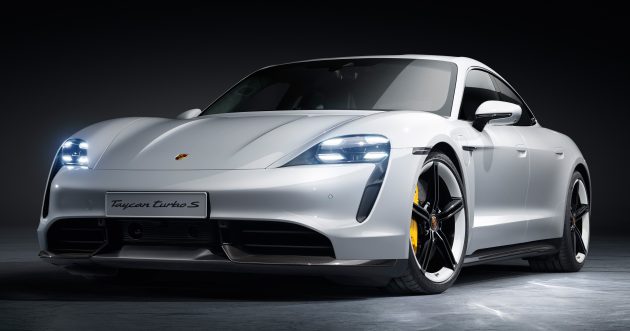Porsche has announced a complimentary software update for owners of the Taycan, specifically those purchased prior to September 2020. According to Autocar, the update relates specifically to its dynamics, charging functions, Porsche Communication Management (PCM) and other Porsche Connect features.
For the Turbo S, the update will optimise chassis control, improving wheel slip control and acceleration. This results in a quicker 0-200 km/h sprint, – it will now do that 0.2 seconds quicker. Models with adaptive air suspension will benefit from the new Smartlift function, which automatically raises the car’s ride height once the system has mapped out the speed humps on your frequently used routes.
Speaking of which, the satellite navigation now offers more precise online traffic information. Taycan owners can also download iPhone apps in the PCM, and Apple podcasts is also available.
While these updates are all software-related, Taycan owners will still need to send their cars to an authorised dealer. It can’t be done via a simple over-the-air update. Taycan product chief Robert Meier said there are safety reasons for doing so.
“We have changes on control units that are safety relevant – for example, the power electronics of the engine – and we want to be absolutely sure that this update goes through in a completely safe way. And that when we give the car back to the customer we want to be sure that it’s completely bug-free,” he explained.
Tweaks have also been made to the charging system. For example, the update will allow owners to get notifications via the app when a predetermined charge level has been reached. There’s also a battery-saving function that reduces the charging speed from 270 kW to 200 kW, which prevents excessive heat buildup in the battery cells.
Customers wanting the quicker 22 kW AC onboard charger can also opt for it to be retrofitted, although the cost of this has yet to be revealed. The Taycan ships with an 11 kW onboard charger as standard.
The post Porsche Taycan – 2020 MY gets performance boost appeared first on Paul Tan's Automotive News.



0 Comments